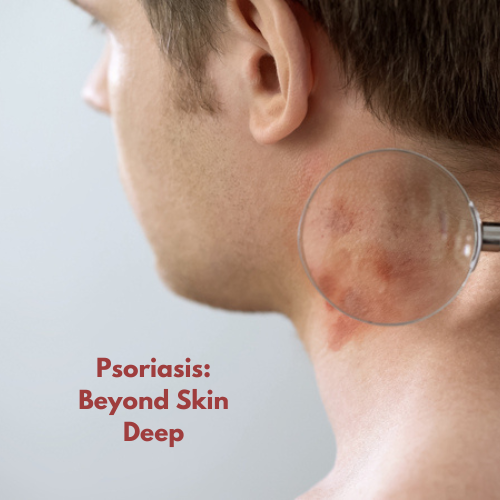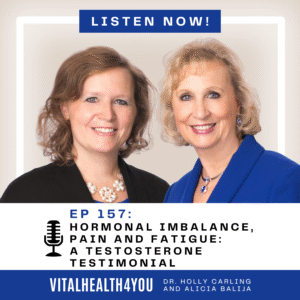More and more people across the world suffer from psoriasis and other skin disorders. The incidence of psoriasis in the U.S. is about 2-3% or about 7.5 million adults. It mostly affects individuals between the ages of 15-35, but can occur at any age.
It is considered an auto-immune disease, meaning several factors have added up that were not addressed properly, before it progressed to this state. Some of the factors that contributed, may be a propensity genetically, unhealthy skin cell reproduction, removal or repair, environmental insults, infection or injury to the skin, stress, heavy alcohol consumption and other dietary factors, nutritional deficiencies, other health challenges, especially another auto-immune disorder, certain medications, smoking, unhealthy microbiota in the gut, mucus membranes or the skin itself, and allergies.
In addition, once the condition is active, there are many triggers: Bacterial or viral infections; cuts, scrapes and burns, including sunburn; emotional or physical stress; cold or dry weather or over-exposure to sunlight; certain medications such as beta-blockers, lithium, antimalarial drugs and NSAIDS; lifestyle factors such as smoking, caffeine or alcohol consumption; hormonal changes, especially menopause, puberty and pregnancy; foods such as gluten, dairy and sugar; and chemical exposures.
Nutrition is key in both the development and resolution of psoriasis. Proper calcium intake and proper calcium types (lactate preferred) is important in immune regulation, skin cell differentiation and proliferation, formation and maintenance of the skin’s barrier function, and regulation of the inflammatory response. Essential fatty acids are also necessary for barrier health, regulation of inflammation, tissue healing, and helping the skin maintain moisture. B-Vitamins are needed for (depending on which B-Vitamin it is), anti-inflammatory properties, skin repair and cell growth, protein metabolism and synthesis, improving skin barrier function, DNA synthesis and repair, anti-oxidant and immune health.
Avoiding inflammatory foods such as caffeine, alcohol, sugar and junk foods, as well as foods that are particularly aggravants, such as junk foods, pasteurized dairy and gluten, will likely make a positive impact on your ability to resolve psoriasis.
In addition to using foods to help heal psoriasis, you can use acupuncture. Acupuncture enhances blood flow, carrying with it the essential nutrients necessary for healing, relieves the pain that often accompanies psoriasis, enhances immune function, aids in the detoxification process, regulates hormones, regulates digestion (necessary for health and repair of the skin), reduces itching, improves skin healing and supports overall health. It is definitely an asset in your recovery.
Remember too, that your skin is the largest absorptive organ. What you put on your skin not only can affect your skin, but internally as well. Rule out soaps, lotions, laundry detergents, sprays, perfumes and other things you may put on your skin to be sure they aren’t the cause or a trigger.
Psoriasis is more complex than most people think. By addressing skin health, environmental triggers, stress, diet and other lifestyle contributors, in addition to acupuncture, you can change your skin health.
Want to hear more from Dr. Carling? Check out our podcast. Search for VitalHealth4You on your favorite podcast listening app or go to vitalhealthcda.com/podcasts/
©2024 Holly A. Carling, O.M.D., L.Ac., Ph.D.







